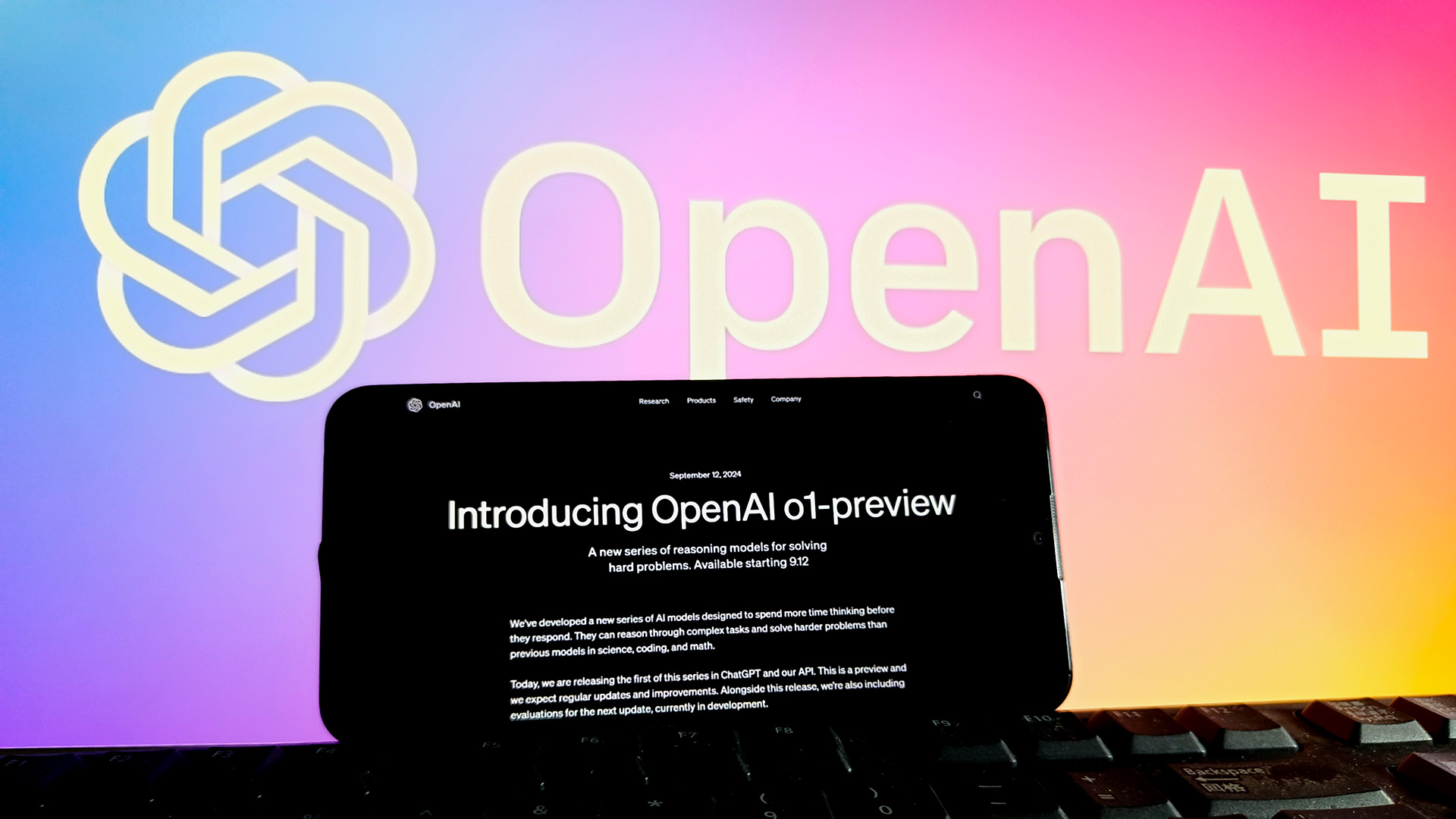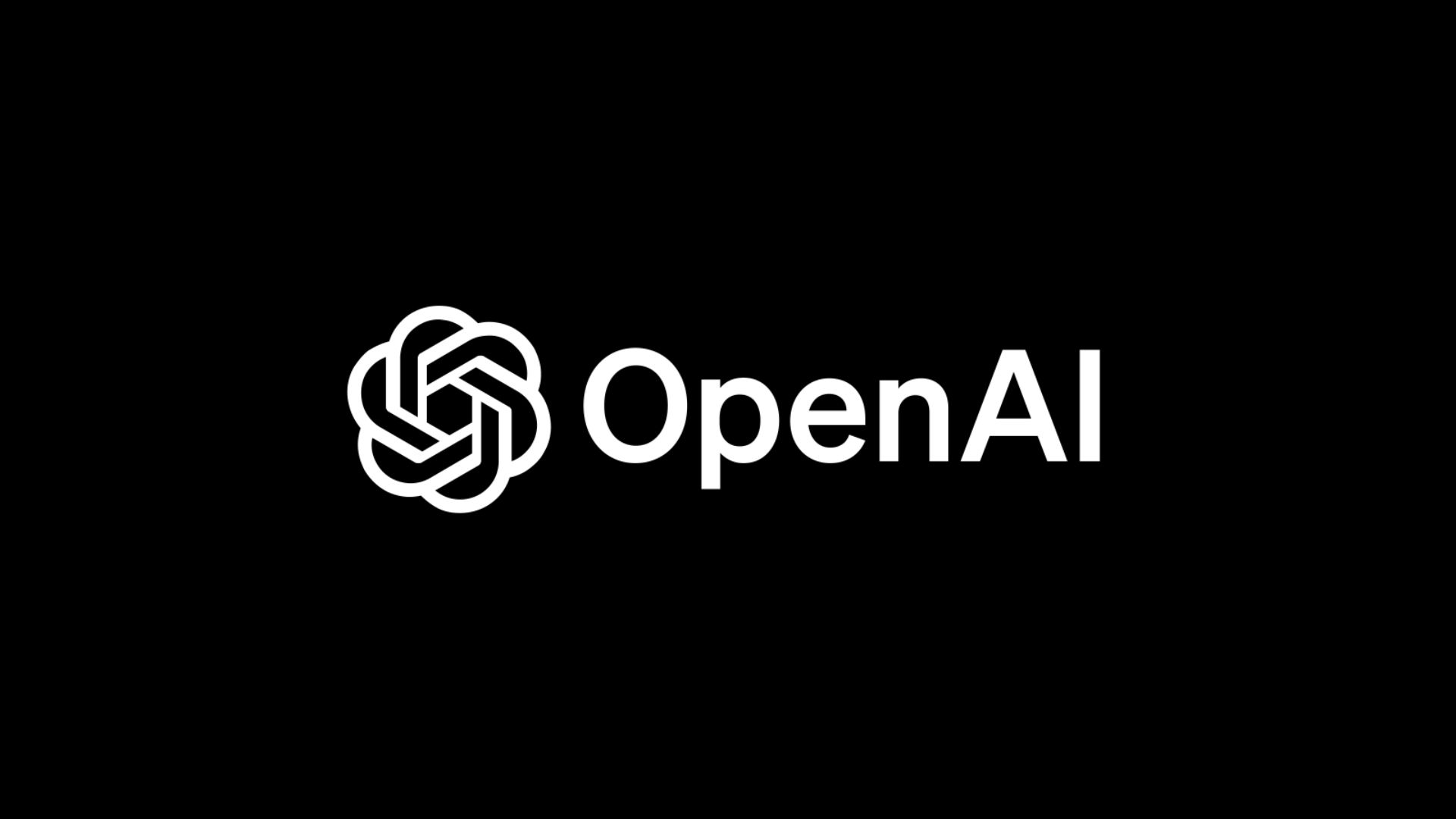
What you need to know
- OpenAI recently unveiled next-gen AI models with advanced reasoning capabilities across science, math, and coding, including OpenAI o1 and o1-mini.
- The new models are shipping exclusively to ChatGPT Plus and Teams users, meaning you'll need a paid subscription to gain access, although their capabilities are fairly limited.
- OpenAI admits the models will need "an extra minute" to respond to queries since it processes prompts step-by-step before responding.
OpenAI recently unveiled a new series of next-gen AI models dubbed OpenAI o1 and o1-mini. As you might have guessed, this is the much-anticipated Strawberry AI model with advanced reasoning capabilities. According to the ChatGPT maker: "These models can reason through complex tasks and solve harder problems than previous models in science, coding, and math."
We're releasing a preview of OpenAI o1—a new series of AI models designed to spend more time thinking before they respond.These models can reason through complex tasks and solve harder problems than previous models in science, coding, and math. https://t.co/peKzzKX1buSeptember 12, 2024
OpenAI shipped two new AI models, including OpenAI o1 in preview and o1-mini. As the latter's name suggests, it's smaller and 80% cheaper than o1-preview. The startup claims that the new next-gen AI models spot better performance than standard generative AI models.
The ChatGPT maker further claims that OpenAI o1 doesn't process complex prompts in one go. Instead, it analyzes the prompt step-by-step, similar to a human. This allows the AI models to approach the presented issue using various avenues for the best possible outcome (otherwise known as reinforcement learning). Does this mean OpenAI's chatbots will be less susceptible to generating erroneous responses and spreading misinformation? We'll have to wait and see.
However, the new next-gen AI models take longer to generate responses since they require "an extra moment to think." Based on the shared benchmarks, OpenAI o1 outperforms most available AI models, including the 'magical' GPT-4o.
OpenAI o1 outperformed GPT-4o in the International Mathematics Olympiad qualifying exam, where the former scored 83% while the latter 13%. OpenAI CTO Mira Murati also indicated that the firm's new AI models provide an inside look into its reasoning process, making it easier for researchers to scrutinize how it handles tasks.
To this end, the next-gen AI models are limited to ChatGPT Plus and Team users in preview, meaning you'll need a subscription to access the flagship models. It's also worth noting that OpenAI o1 will be capped at a weekly rate limit of 30 messages, while the smaller version gets 50.
Of course, OpenAI plans to expand the models' capabilities soon. The limitations can be attributed to the high operational costs. As you may know, OpenAI spends up to $700,000 per day to keep ChatGPT running. OpenAI's new model, o1-mini, is also expected to ship to ChatGPT-free users with a lower rate limit than GPT-4o.
OpenAI 01 is not AGI, but the stepping stone

Following the surprise launch of OpenAI's new next-gen AI models with advanced reasoning capabilities, users have raised concerns and questioned whether the release constitutes AGI (artificial general intelligence).
OpenAI CEO Sam Altman confirmed that the new models didn't represent the peak of the AI revolution — AGI. Altman hasn't been shy about his AGI ambitions and has previously admitted that it's a benchmark the AI firm is actively seeking to achieve the feat. However, a former OpenAI researcher says the firm could be on the brink of reaching the benchmark; it's not ready to handle "all that comes with it."
Did we just get AGI today?September 12, 2024
However, the raised concerns are valid. Multiple reports, including one from an OpenAI insider, revealed a 70% probability AI could potentially lead to the end of humanity, according to p(doom).
Elon Musk admits the world is on the verge of the biggest technological breakthrough with AI, but there won't be enough electricity by 2025 to power its advances. There's also the issue of AI claiming jobs from humans, leaving them in a utopia where work turns into an overnight hobby.
🎒The best Back to School deals📝
- 🕹️Xbox Game Pass Ultimate (3-months) | $29.79 at CDKeys (Save $20!)
- 💻HP Envy 16 2-in-1 (Ryzen 5) | $499.99 at Best Buy (Save $350!)
- 🕹️Starfield Premium Upgrade (Xbox & PC) | $27.69 at CDKeys (Save $7!)
- 💻ASUS Vivobook S 15 (X Elite) | $945 at Amazon (Save $355!)
- 🕹️God of War: Ragnarök (PC, Steam) | $51.69 at CDKeys (Save $14!)
- 💻Lenovo ThinkPad X1 Carbon | $1,481.48 at Lenovo (Save $1,368!)
- 🎮 Seagate Xbox Series X|S Card (2TB) | $249.99 at Best Buy (Save $110!)
- 🕹️Hi-Fi RUSH (PC, Steam) | $8.89 at CDKeys (Save $21!)
- 💻HP Victus 15.6 (RTX 4050) | $599 at Walmart (Save $380!)
- 🖱️Razer Basilisk V3 Wired Mouse | $44.99 at Best Buy (Save $25!)
- 🖥️Lenovo ThinkStation P3 (Core i5 vPro) | $879.00 at Lenovo (Save $880!)







